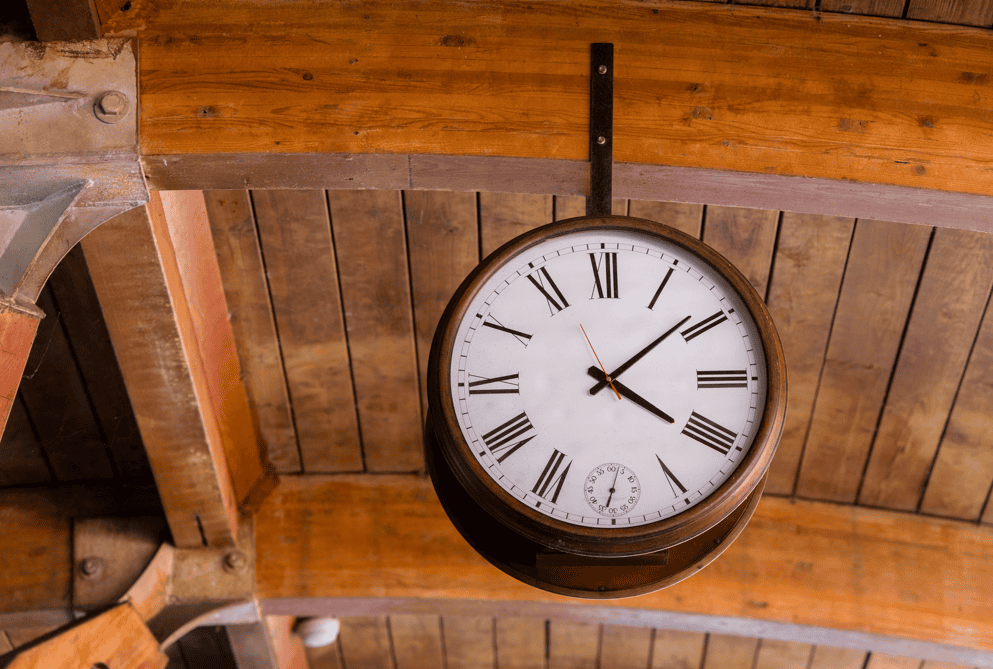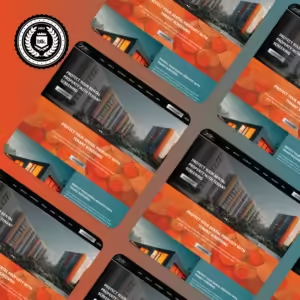Researching Time Perceptions and Shaping Our Experiences
Time often feels like an elusive and mysterious concept, moving either too quickly or too slowly depending on what we’re doing. Research into time perception shows that our experiences, emotions, and even our age play a role in how we perceive the passage of time. Luckily, there are evidence-based strategies that can help us experience time more fully, creating a sense of elongation in our daily lives.
1. Emotions and Age Shape Time Perception
Our emotional state significantly impacts how we perceive time. Strong emotions such as fear, excitement, or stress can distort our sense of time, making it feel like it’s either racing or crawling. For example, moments of fear can make time seem to stretch out, while excitement can make an event feel fleeting. Similarly, boredom may make minutes drag on, while being in a ‘flow state’ – fully immersed in a task – makes hours seem to fly by.
Age also plays a major role. Younger people typically feel that time moves slower, as each moment holds new experiences. As we age, our perception of time speeds up, likely because the percentage of our lifespan any given year represents shrinks as we grow older.
2. The Holiday Paradox: Time in the Moment vs. Retrospect
Our perception of time often differs between the moment and looking back at it. This phenomenon is explained by the Holiday Paradox, where events like a long airport delay feel painfully slow in the moment but seem much shorter in hindsight. On the flip side, a fun holiday might feel short while it’s happening, but when reflected upon, the abundance of memories makes it feel like it lasted much longer. This shows that the way we store and recall memories plays a significant role in how we perceive time passing.
3. How Memories Shape Our Perception of Time
When our days are filled with routine and lack significant change, they seem to drag in the moment but are barely remembered later on, making them feel shorter in retrospect. On the other hand, when we engage in stimulating and novel experiences, time may pass quickly in the moment, but those memories will stick with us, making it feel like more time has passed when we look back on them.
4. Novelty vs. Routine in Time Perception
Routine tasks, like commuting to work or doing chores, can make time feel like it’s passing quickly, because our brains aren’t forming many new memories during these familiar activities. In contrast, non-routine tasks or activities that are novel to us create a sense of time slowing down, as the brain is more engaged and actively processing new information.
5. Strategies for Time Elongation: Seek Novelty and Reflection Anchors
One of the most effective ways to slow down time is to actively seek out new experiences and break from routine. Taking a new route to work, learning a new skill, or visiting a different place can all create moments of novelty, giving the perception that time is stretching.
In addition to seeking novelty, reflection can help us appreciate and elongate our perception of time. Journaling is a simple yet powerful tool for this. By recording our thoughts and feelings about each day, we can capture moments that might otherwise slip away unnoticed. The Homework for Life technique encourages writing down the most storyworthy moment of each day, providing a concrete record of our experiences and feelings.
6. Journaling to Preserve Memories and Time
Journaling not only preserves memories but also offers an opportunity to reflect on how we’ve spent our time, making the passage of time more tangible. When we look back at our entries, we may realize how full our days have been, even if they seemed routine at the time. This practice fosters a deeper connection to our own lives, helping us slow down and savor each day.
7. Enhancing Experiences Through Photography
Having a camera can also help elongate time by capturing the small moments we might otherwise miss. Modern cameras can geotag and date each photo, helping us remember where and when a moment took place. This can create lasting memories and reinforce our perception of time spent meaningfully.
8. Mindfulness: Expanding the Present Moment
Finally, mindfulness is a proven way to help expand our perception of time. By focusing on the present moment, whether through meditation, yoga, or simply paying attention to one task at a time, we can cultivate a greater awareness of each passing second. Experienced meditation practitioners often report that time feels slower during their everyday activities, as they are fully present in each moment.
Simple activities such as going for a walk or practicing yoga can also be forms of mindfulness, helping us slow down and savor the present moment. By giving our full attention to what we’re doing, we can change our experience of time, making life feel richer and more expansive.





